|
Though there are no major shortages of food in this country, canned and frozen foods may be difficult to find due to consumer stockpiling. Fear not - fresh foods can also be frozen at home. Refer to our chart below to learn how to freeze them. Plus Here's 4 Tips to Make Your Produce Last Longer:
REFERENCES Coronavirus Disease 2019 (COVID-19) Frequently Asked Questions. FDA. Accessed March 2020. Demichele, K. How to Store Fruits and Vegetables. Cook's Illustrated. 2019. Accessed March 2020. Refrigerator and Freezer Storage Chart. FDA. 2018. Accessed March 2020. The Big Thaw - Safe Defrosting Methods for Consumers. USDA Food Safety and Inspection Service. 2013. Accessed March 2020. By Kylie Sakaida, MS, RD, LDN Avoid unnecessary trips to the grocery store by making use of long-lasting ingredients. To create a supportive meal, mix and match simple combinations of starch, produce, protein, and healthy fats (like olive oil and olives).
1. Utilize Tortillas to Make a Variety of Quesadillas and Tacos PROTEIN OPTIONS: black, pinto, or garbanzo beans, frozen shrimp, or cheese PRODUCE OPTIONS: frozen spinach, peppers, or broccoli and jarred salsa Tip: frozen produce often has just as many - if not more - vitamins than fresh 2. Use Leftover Grains (Like Rice or Quinoa) for a Stir-fry PROTEIN OPTIONS: tofu or eggs PRODUCE OPTIONS: frozen broccoli, peas, or peppers and canned vegetables like baby corn or mushrooms 3. Get Creative with Pasta PROTEIN OPTIONS: white beans, chickpeas, anchovies, or tuna PRODUCE OPTIONS: garlic and onions, canned tomatoes (or tomato paste), dried mushrooms and herbs (like basil, oregano, or thyme), jarred roasted red peppers, sun-dried tomatoes, and frozen broccoli or spinach Tip: try this pasta with chickpeas recipe, which utilizes only pantry ingredients By Kylie Sakaida, MS, RD, LDN Getting enough vitamin A, C, and E is important for maintaining a healthy immune system. Most of us don't need supplements to do this. In fact, you can support your immune system even while minimizing grocery store trips.
Here's how to stock your kitchen with healthy foods that have low perishability:
REFERENCES: Labeling Daily Values. NIH Dietary Supplement Label Database. Accessed April 2020. USDA Nutrient Database Laboratory. Accessed April 2020. Vitamin A. NIH: Office of Dietary Supplements. Last updated February 14 2020. Accessed March 2020. Vitamin C. NIH: Office of Dietary Supplements. Last updated February 27 2020. Accessed March 2020. Vitamin E. NIH: Office of Dietary Supplements. Last updated February 28 2020. Accessed March 2020. By Kristine Miklos, MS, RD, LDN |
TOPICS
All
Archives
December 2023
|
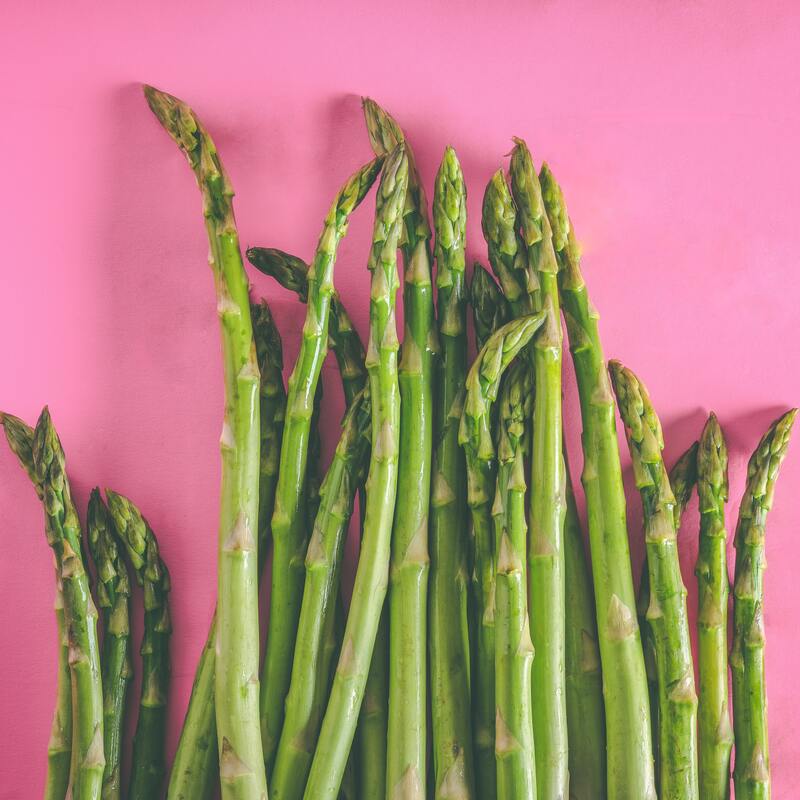
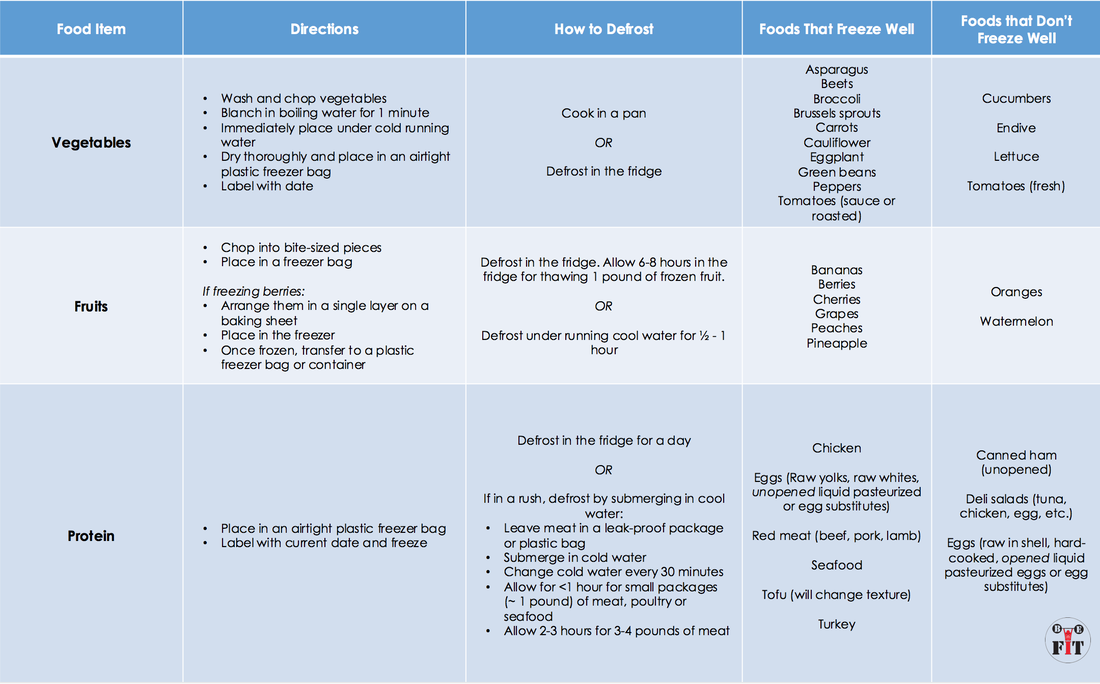
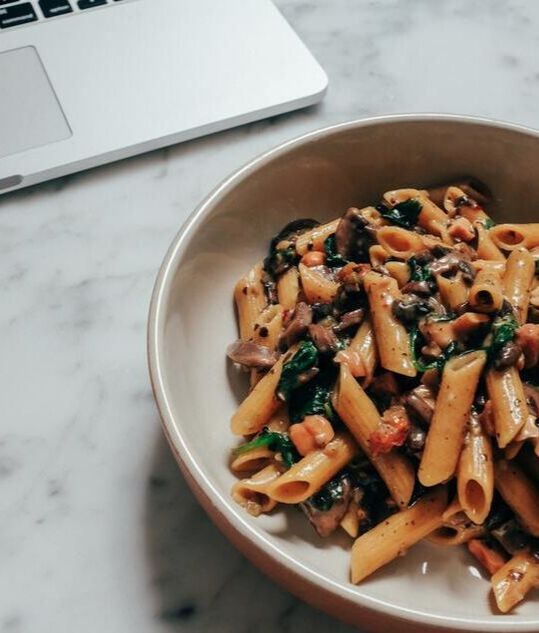

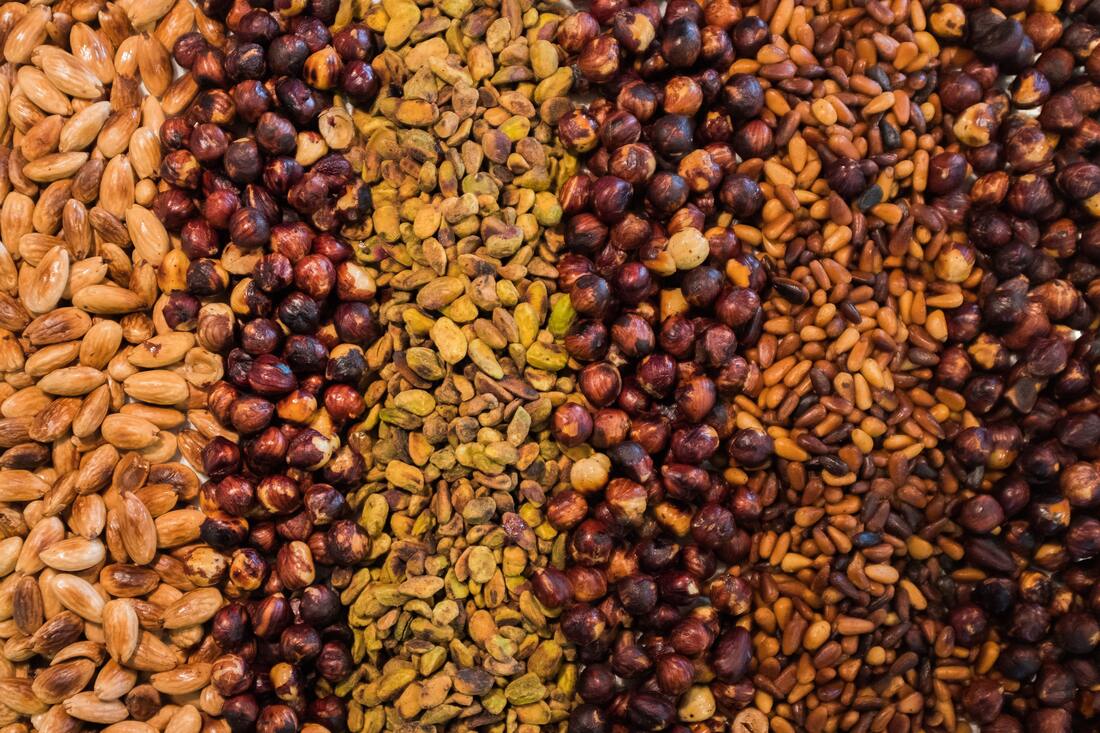
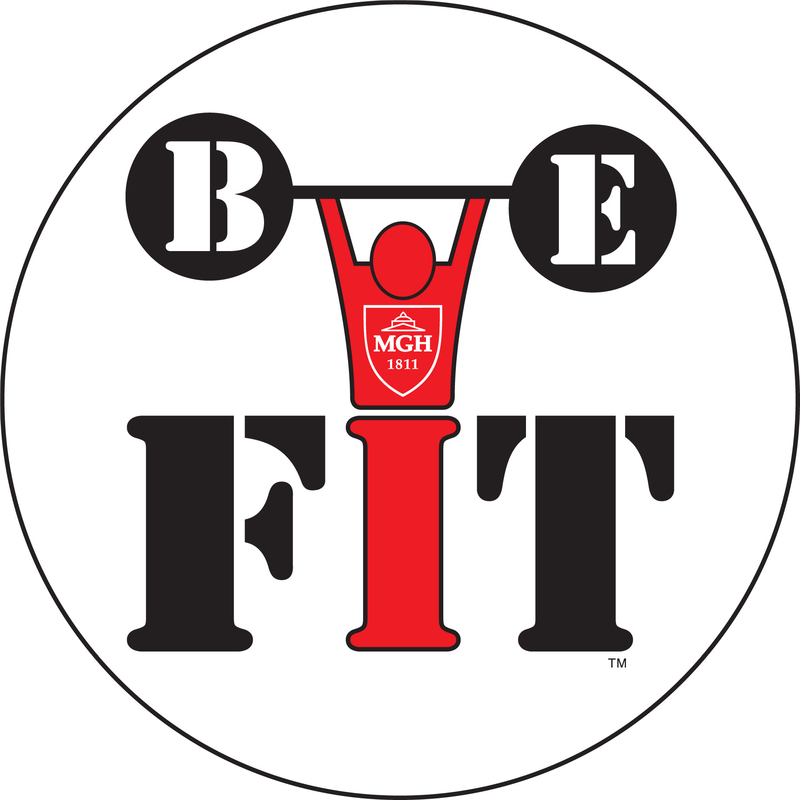
 RSS Feed
RSS Feed